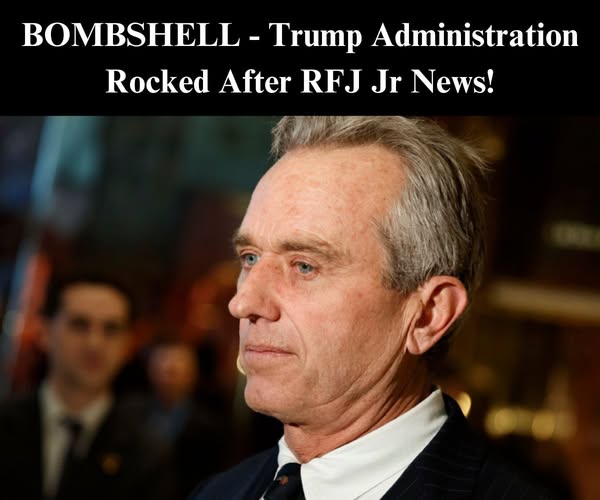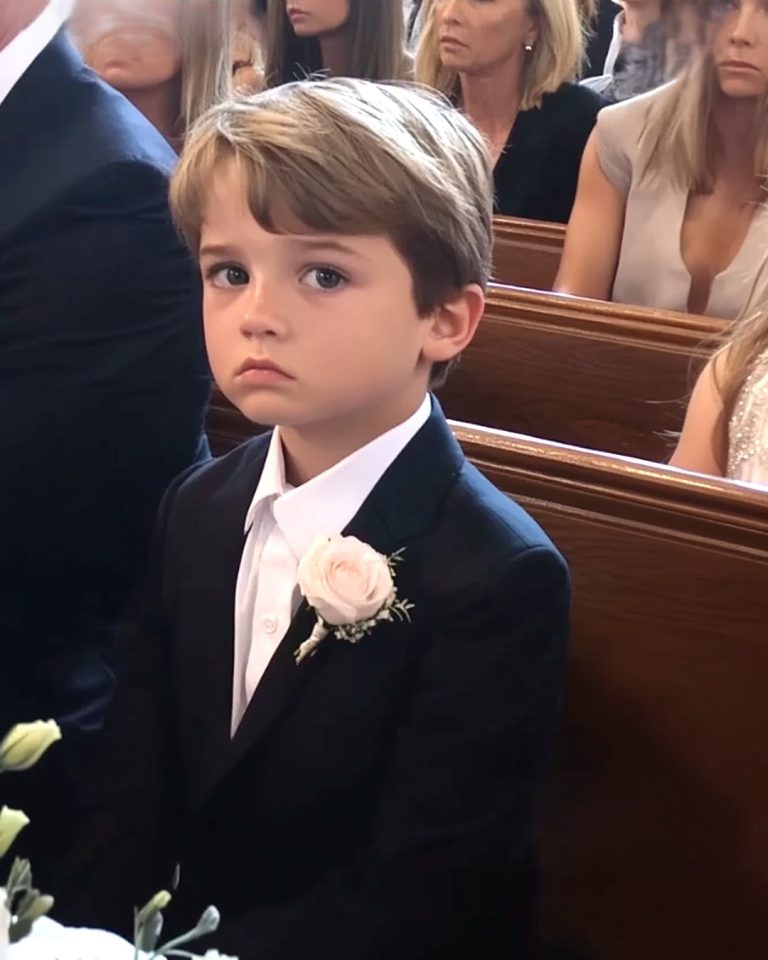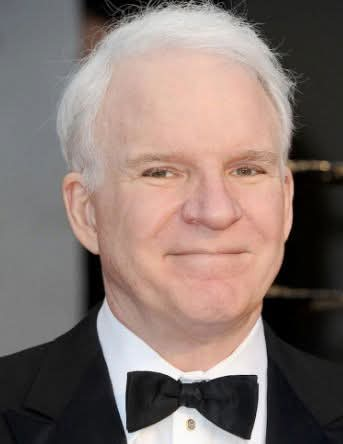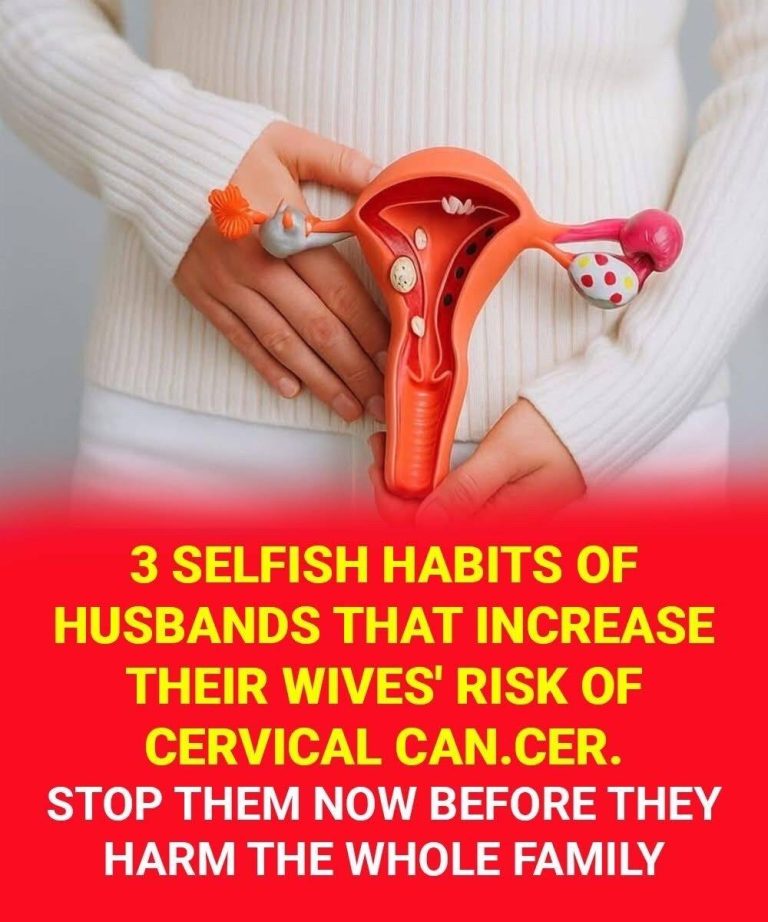RFK Jr. Gets Good Sign Ahead Of HHS Confirmation Hearing
President Donald Trump’s nominee for Health and Human Services (HHS) Secretary, Robert F. Kennedy Jr., is receiving mixed reactions as he prepares for his confirmation hearings. Despite being a longtime friend and former law school roommate of Rhode Island Democratic Senator Sheldon Whitehouse, Kennedy’s nomination remains uncertain as key senators on both sides of the aisle weigh in. Whitehouse, though close to Kennedy, has not yet confirmed whether he will support the nomination, stating that he will withhold judgment until after Kennedy’s hearings before the Senate Finance Committee and the Senate Health, Education, Labor, and Pensions (HELP) Committee next week.
Kennedy, who has made a name for himself as an environmental activist and advocate against vaccine mandates, faces significant scrutiny from both Republicans and Democrats. His past comments on vaccines have particularly drawn attention, with some Republican senators voicing concerns about his stance. Senator Bill Cassidy, a physician from Louisiana, has expressed hesitation, citing Kennedy’s past rhetoric on vaccines. Kennedy has been known for his vocal opposition to vaccine mandates, even as he has walked back some of his more controversial statements. Cassidy’s concerns underscore the challenge Kennedy faces in securing broad support within the GOP, which tends to be more aligned with pro-vaccine policy.
However, other Republicans, such as Iowa Senator Chuck Grassley, have expressed more support for Kennedy. Grassley, who has worked closely with Kennedy on certain issues, has suggested that the nominee’s expertise and advocacy on environmental issues might provide a strong foundation for his role at the Department of Health and Human Services. Grassley’s comments reflect the complexity of the nomination process, as it appears there is a divide within the GOP regarding Kennedy’s suitability for the HHS post.
Beyond the issue of vaccines, Kennedy’s stance on abortion has also come under scrutiny. The former Democratic candidate for president initially supported a first-trimester abortion ban, a position that led to backlash within his own party. However, Kennedy later reversed his position, stating that he opposes abortion bans before fetal viability. This shift in his stance has complicated his nomination, particularly among Democrats who view his prior support for restrictions as out of step with party values on reproductive rights.
Former Vice President Mike Pence’s advocacy group, Advancing American Freedom, has also weighed in on Kennedy’s nomination, urging GOP senators to reject the appointment due to Kennedy’s past comments on abortion. The group’s position underscores the broader political debate surrounding Kennedy’s nomination, highlighting the tension between his environmental advocacy and controversial statements on public health issues. Pence, a staunch pro-life advocate, has been vocal in opposing any nominee who does not align with his view on abortion rights, and his organization’s efforts are likely to influence some Republican senators’ votes.
As Kennedy’s confirmation hearings approach, the political landscape remains divided. Supporters of Kennedy argue that his background in environmental activism and his experience as a public figure make him a strong candidate to lead HHS. They highlight his work on behalf of the environment, including efforts to combat pollution and promote clean water initiatives, which they believe align with the public health mission of HHS. Kennedy’s supporters also point to his long-standing commitment to advocacy, with some noting that he could bring a fresh perspective to the department.
However, opponents of Kennedy’s nomination are concerned about his controversial positions on vaccines and abortion. Some believe that his past comments could make him a divisive figure, especially in a department that oversees public health policy. These concerns are further complicated by the fact that the HHS Secretary plays a crucial role in managing the nation’s health policies, including pandemic response, healthcare reform, and reproductive rights.
In the coming days, all eyes will be on Kennedy’s confirmation hearings, where senators will have the opportunity to question him on his views and qualifications. Kennedy’s responses during these hearings will likely determine whether he can secure the votes needed for confirmation. While some senators, like Whitehouse, are taking a wait-and-see approach, others, like Pence’s Advancing American Freedom, are already working to rally opposition to Kennedy’s nomination.
As the confirmation process unfolds, it’s clear that Robert F. Kennedy Jr.’s nomination for HHS Secretary is a polarizing issue, with deep divisions within both political parties. With mixed reactions from Republicans, concerns about his views on vaccines and abortion, and strong political forces both for and against him, Kennedy’s confirmation remains uncertain. The outcome of his hearings will likely be a defining moment in his political career and may have significant implications for the future of public health policy in the United States.





